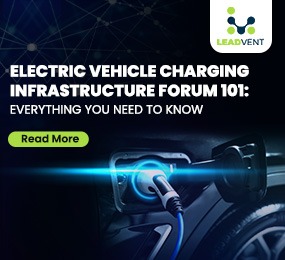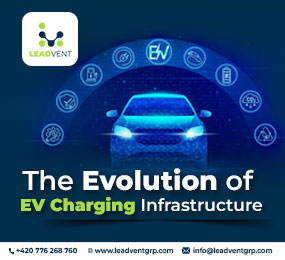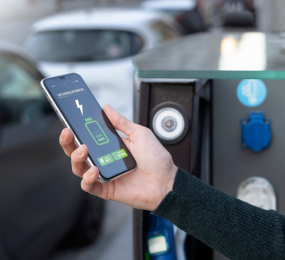As electric vehicles (EVs) gain traction worldwide, understanding the economics of EV charging is crucial
for stakeholders in the automotive and energy sectors. This essay delves into the various business
models and revenue streams associated with EV charging infrastructure.
Business Models:
Several business models have emerged in the EV charging ecosystem. These include public charging
stations operated by utilities or third-party providers, workplace charging offered by employers, and
home charging facilitated by residential EV owners. Additionally, subscription-based services, pay-asyou-go models, and ad-supported charging stations are gaining popularity.
Revenue Streams:
Revenue streams in EV charging encompass various sources. These include charging fees based on kWh
consumption, subscription fees for access to charging networks, advertising revenue from charging
station displays, and partnerships with retail or hospitality businesses to offer charging as a service.
Innovation and Expansion:
The economics of EV charging are continually evolving with innovations such as smart charging, dynamic
pricing, and vehicle-to-grid (V2G) integration. These advancements open up new revenue opportunities
and enhance the viability of EV charging infrastructure.
Understanding the diverse business models and revenue streams associated with EV charging is
essential for stakeholders to capitalize on the growing electric vehicle market and contribute to the
transition to sustainable transportation.
Visit our website to know more: https://www.leadventgrp.com/events/2nd-annual-ev-charginginfrastructure-forum/details
For more information and group participation, contact us: [email protected]
Leadvent Group - Industry Leading Events for Business Leaders!















